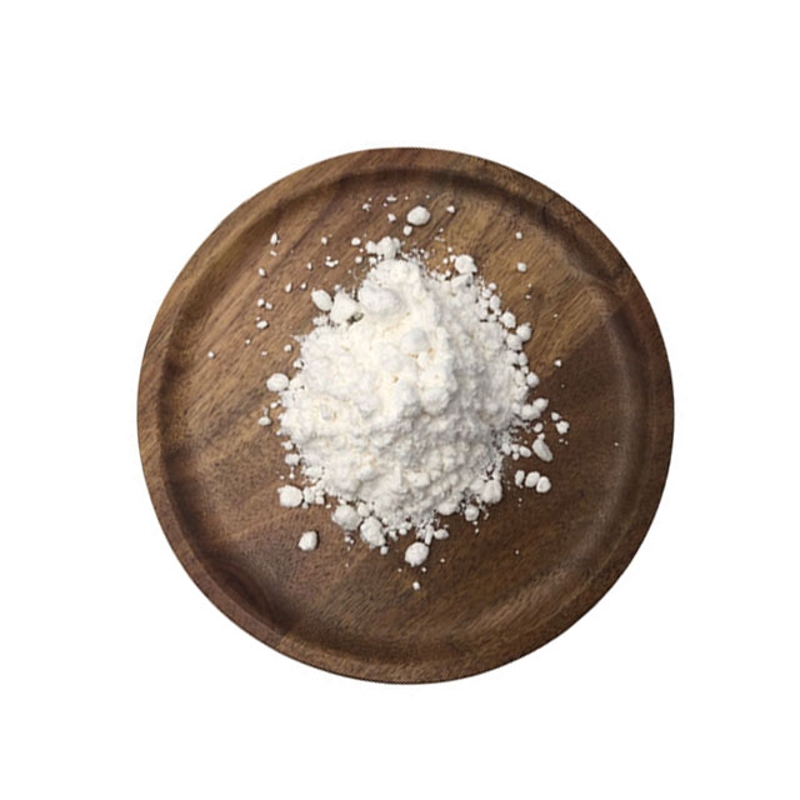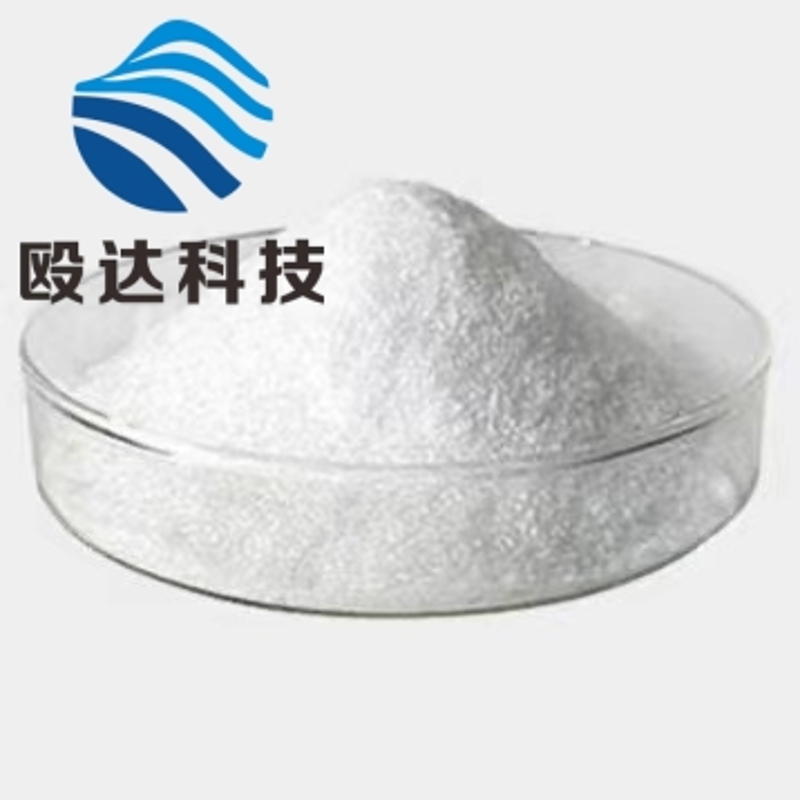The Chinese Nutrition Society released the 2013 edition of Dietary Nutrient Reference Intake for Chinese Residents...
-
Last Update: 2020-10-25
-
Source: Internet
-
Author: User
Search more information of high quality chemicals, good prices and reliable suppliers, visit
www.echemi.com
more than 80 authoritative experts after more than 3 years to complete, Chinese have a new standard of . On June 12, 2014, at the China Aging and Summit Forum held at Qingsongcheng Hotel in Shanghai, the Chinese Nutrition Society released the Reference Intake of Dietary Nutrients for Chinese Residents (2013 Edition). Professor Cheng Yiyong, Chairman of the Committee of Experts on DRIs Revision of the Chinese Nutrition Society, Vice Chairman Professors Yang Yuexin, Yang Xiaoguang, Guo Junsheng, Professor Park Jianhua, Professor Guo Changjiang and Professor Sun Jianqin, members of the Committee of Experts, as well as representatives from research institutes, health systems and enterprise research and development, attended by about 120 people. Professor Cheng Yiyong and Professor Yang Yuxin co-chaired the press conference."Reference Intake of Dietary Nutrients of Chinese Residents" has been more and more widely used in China's dietary guidance, food production, food processing and other fields. China's National Food and Nutrition Advisory Committee organized the formulation of the Outline of China's Food and Nutrition Development, the National Food Safety Standards Committee on nutritionally fortified foods and formulated foods standards, the State Food and Drug Administration's approval of nutrient supplements, as well as nutrition professionals to various groups of people nutrition survey, dietary guidance, nutrition intervention, and even food enterprises engaged in nutritional food research and development, production and other activities, all need to "Chinese residents dietary nutrient reference intake" as the basic scientific basis. Professor Yang Yuanxin pointed out that the revision of the 2013 edition of the Dietary Nutrient Reference Intake of Chinese Residents will play a central role in China's production, industry, national standards and quality of life and health. The release of the 2013 revision of Chinese Dietary Nutrient Reference Intake (Chinese DRIs) marks another major advance in nutrition science and application in China, and is of great significance for planning diet, nutritional health care, food production and nutrition promotion science, and improving the nutritional health status of Chinese residents.more than 80 experts, after more than three years to complete the revision"Chinese Resident Dietary Nutrient Reference Intake (Chinese DRIs)" 2013 revision of the revision was officially launched in September 2010. In the revision work, the Chinese Nutrition Society set up a committee of experts on DRIs revision of Chinese residents, and organized more than 80 nutrition experts to participate in the revision. After a series of work, such as literature retrieval, scientific demonstration, writing, discussion and research, and revision, after more than three years of hard work, the revision task of "DrIs for Chinese Residents" has been completed.
working groups are organized under the Committee of Experts on DrIs Revision, namely, the Energy and Macronutrient Group, the Constant Element Group, the Micronutrient Group, the Fat-Soluble Vitamin Group, the Water-Soluble Vitamin Group, and the Water and Other Dietary Components Group. At the press conference, the heads of the six writing working groups respectively introduced the revision background, revision points, numerical determination methods, comparison with the 2000 edition and foreign countries, etc., for everyone's attention is high, and the numerical changes of the nutrient formulation basis and results made a key elaboration and analysis.. At the beginning of the revision work, the DRIs Revision Expert Committee established strict working principles for the revision. (1) Scientific - In accordance with the principles and methods of evidence-based nutrition and risk assessment, collect, compare and screen relevant research materials at home and abroad, and apply scientific evidence with high demonstration strength. (2) Advancedness - Collecting new research results on nutrient needs, nutritional toxicology and food ingredients at home and abroad in recent years. (3) Comprehensive - The revision covers not only DRIs for all essential nutrients, but also other beneficial dietary components that have a sufficient scientific basis (including minimum dosing for regulating physiological function and maximum limits for avoiding toxic side effects).. Five highlights of the new version of DRISThe 2013 revised DRIs draw on the new results of nutrition research at home and abroad for nearly ten years, and compared with the 2000 edition of DRIs, includes three main highlights:
(1) completed the formulation and revision of nearly a thousand scientific data on 67 nutrients and non-nutrients.
(2) The reference intake of new scientific dietary nutrients was increased from 4 to 7 and 3 new concepts were added.
the first recommended intake of nutrients to prevent noncommunicable chronic diseases (NCDs). The concept of "preventing chronic disease" first appeared in the 2013 edition of "DrIs for Chinese Residents", and has been added to dietary nutrient reference intakes in recent years in countries such as Japan. In view of the role of rational nutrition in the prevention of noncommunicable chronic diseases (NCD) level has accumulated a large amount of research evidence, taking into account the rapid increase in the occurrence of dietary-related chronic diseases in Chinese residents in recent years, the revised "DrIs of Chinese Residents" based on strong evidence of research data, put forward the acceptable range of macronutrients (AMDR), as well as some trace nutrients to prevent non-communicable chronic disease intake (PI-NCD).
the first time, specific recommended values (SPL) for other dietary ingredients are presented. A highlight of the 2013 edition of DRIs was the addition of the "Effects of Plant Compounds on the Human Body" section, a "new variety" that is not yet available in dietary nutrient reference intakes in other countries. In recent years, the nutrition field has made many progress in the study of food components such as phytochemicals, and the revision of DRIs for Chinese Residents systematically combs the structure, properties, absorption metabolism, biological effects, excess hazards and toxicity of water and 19 other dietary components and their main food sources. The Committee of Experts has recommended UL or/or specific recommended values (SPL) for six dietary components that have a sufficient scientific basis.
(3) establish scientific evidence-based nutrition procedures for DRIs revision. In the development of RNI, AI, UL and other values, as well as AMDR, PI-NCD and phytochemical sGL values, the use of systematic review, RCT and cohort research and other high-quality research materials.
(4) incorporated new results from nutrition research over the past decade. New achievements in the field of nutrient evaluation, needs and safety were applied to the new version of DRIs at home and abroad, and the EAR/RNI values of 10 nutrients were added. New research data targeting Chinese residents, such as EAR or UL for nutrients such as energy, protein, calcium, iron, selenium, iodine, vitamin B1, etc., were used to the extent possible, while AI, which developed nutrients, used the latest nutritional health monitoring data for Chinese residents.
(5) describes the DRIs application in more detail. The introduction to the revised version not only cites examples of how DRIs can be used in individual and group dietary evaluations and plans, but also describes the application of this document in the development of national nutrition policies and related standards, clinical nutrition, and food research and development and evaluation, providing a useful reference for the promotion and application of DRIs.
The Chinese Nutrition Society will launch the 2013 edition of the "Chinese residents dietary nutrient reference intake" quick check manual, the 2013 edition of the "Chinese residents dietary nutrient reference intake" single-line version and the 2013 edition of the "Chinese residents dietary nutrient reference intake" simple book to facilitate the use of all relevant scientific and technological workers and all sectors of society.. Yao Qiqiu, Director
Of the Chinese
Society, was announced on July 2, 2014 .
This article is an English version of an article which is originally in the Chinese language on echemi.com and is provided for information purposes only.
This website makes no representation or warranty of any kind, either expressed or implied, as to the accuracy, completeness ownership or reliability of
the article or any translations thereof. If you have any concerns or complaints relating to the article, please send an email, providing a detailed
description of the concern or complaint, to
service@echemi.com. A staff member will contact you within 5 working days. Once verified, infringing content
will be removed immediately.







